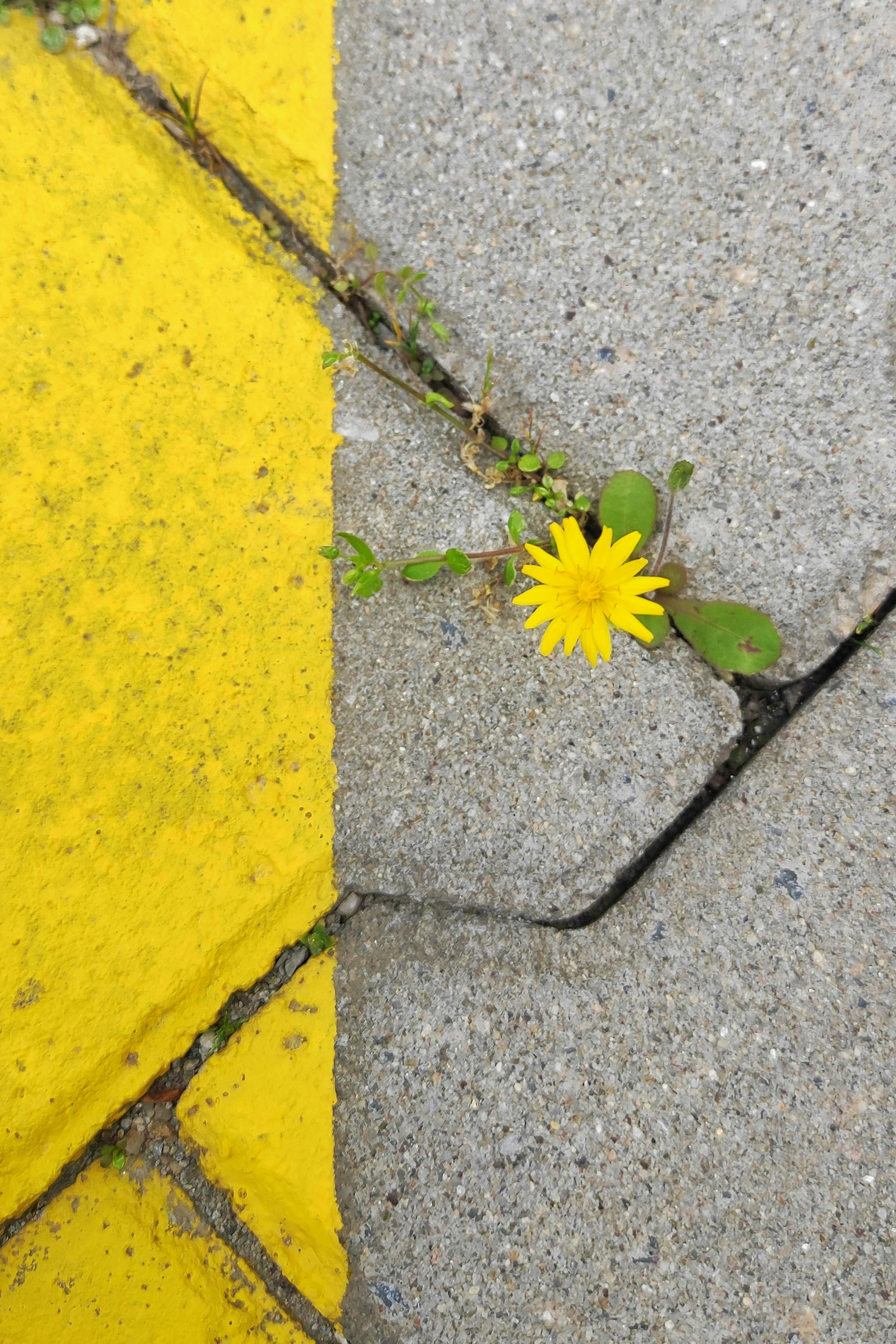Social Therapeutic Horticulture (STH) offers a compelling way for individuals to thrive by reconnecting with nature, improving physical and mental health through gardening and outdoor activities. Organizations like Thrive UK champion STH's benefits for people of all ages and backgrounds.
Engaging in therapeutic gardening enhances mobility and strengthens muscles, promoting better physical health through regular exercise. The sensory experience of working with plants can relieve stress, soothe anxiety, and boost emotional well-being. Participants often find renewed purpose, hope, and a sense of achievement, powerful antidotes to depression and social isolation.
Mental health improvement is a core outcome. Being outdoors and involved in shared activities breaks daily monotony, encouraging mindfulness, relaxation, and positive social interactions. STH programs provide structured routines that support consistent engagement, helping participants set and reach personal goals.
Therapeutic horticulture also facilitates social inclusion. Groups working in gardens build trust, communicate more openly, and celebrate achievements together. This fosters a supportive community where individuals feel understood and valued.
Incorporating STH into rehabilitation, education, or elder care settings delivers measurable results. Physical activity in natural environments aids recovery from injury or illness, while exposure to green spaces enhances cognitive function and creativity. STH practitioners note improvements in self-esteem, resilience, and interpersonal skills.
Organizations leading STH initiatives deliver tailored programs that accommodate varying needs, offering professional guidance and safe, welcoming spaces. These programs reflect the broader vision of thriving—balancing body, mind, and community for lasting positive change.

